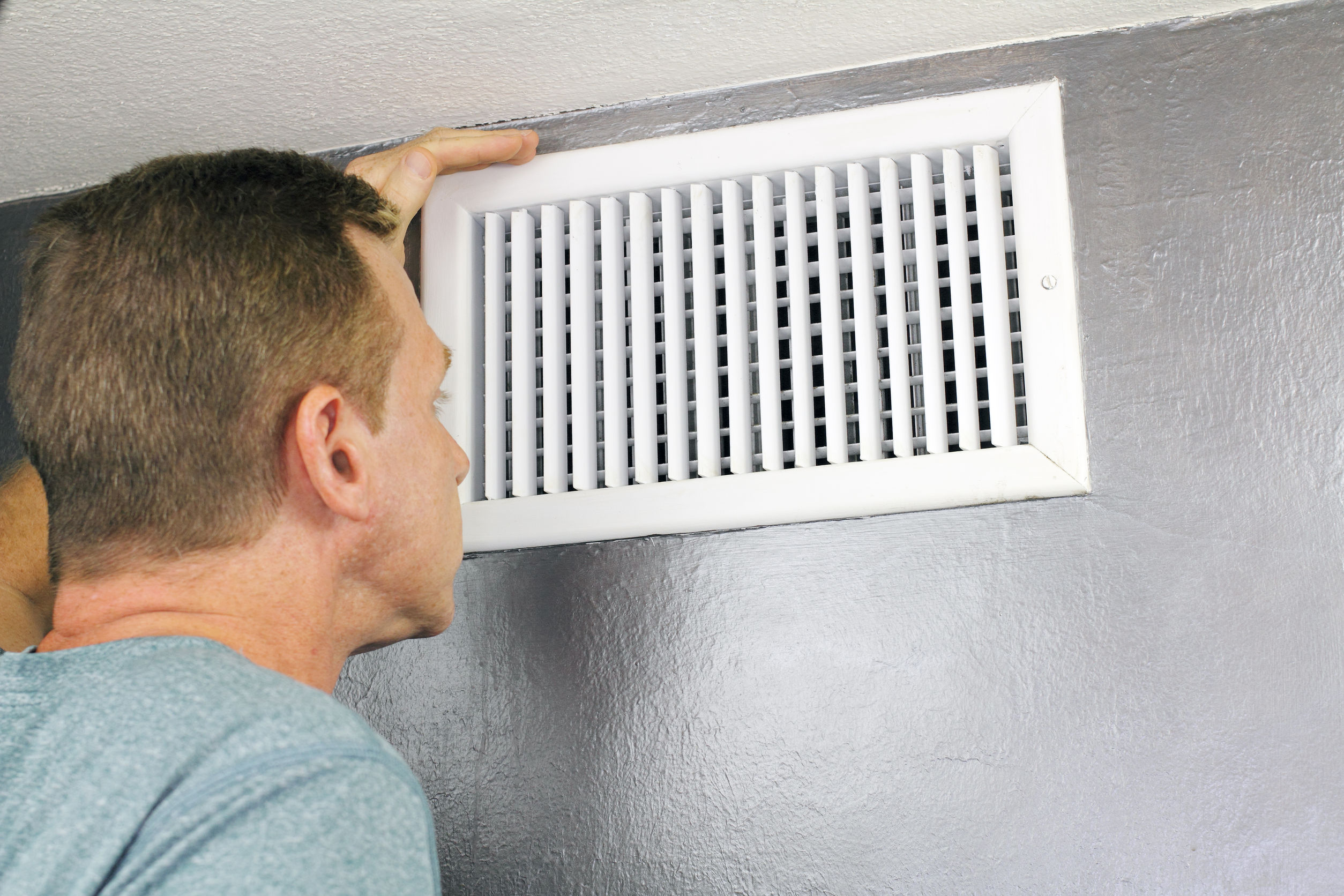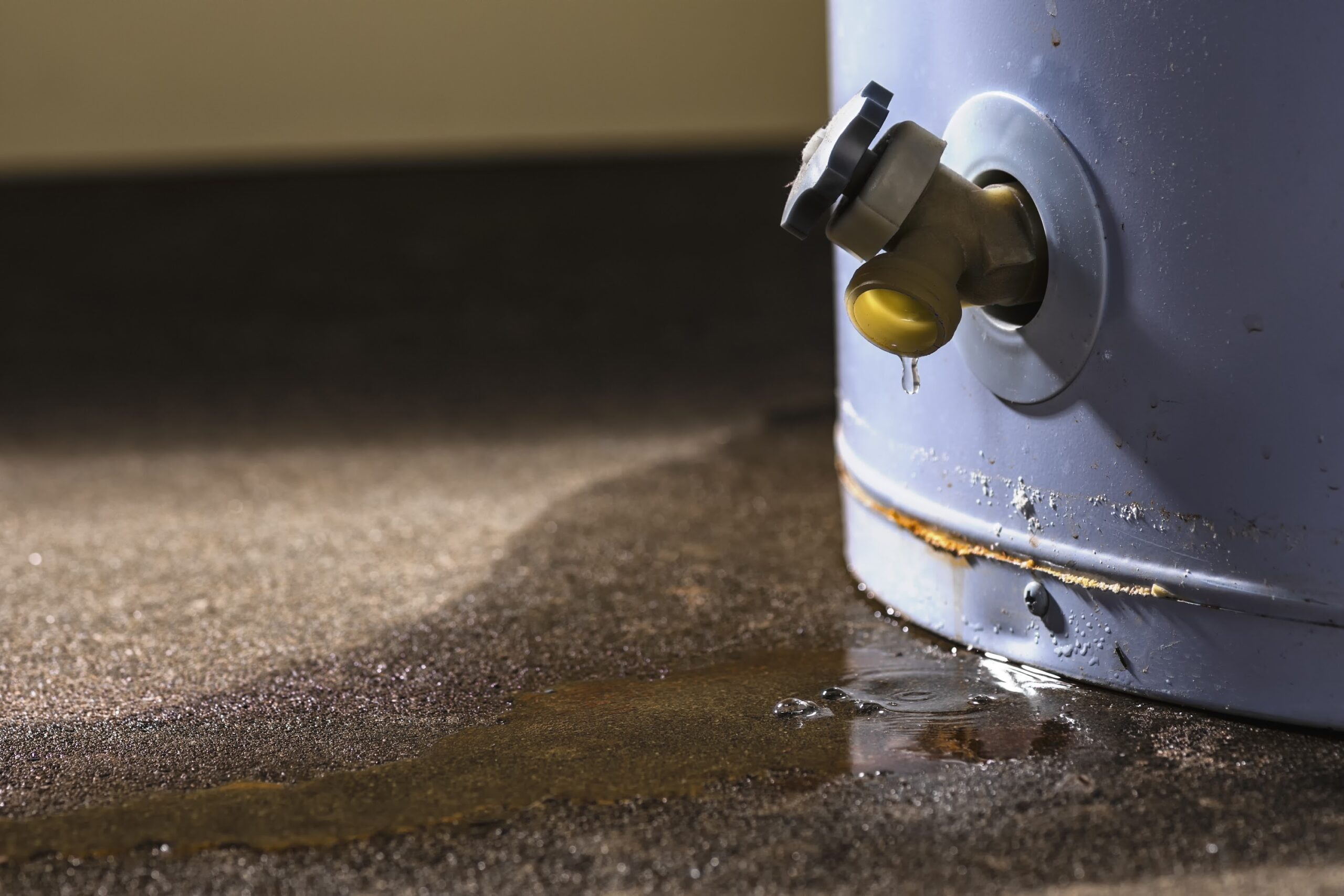When there are high levels of relative humidity outdoors, most people recognize this fact by sensing a thick moisture in the air and a sticky feeling on the skin. Inside, the presence of high levels of humidity can produce a different response: itching, sneezing and coughing. That’s because organisms that thrive in humidity can cause allergic reactions, and high levels of humidity, so common in summer, can create a breeding ground for mold, dust mites and fungus.
Humidity-more accurately called “relative humidity”-is a measure of water vapor content in the air. According to industry experts, the best humidity level for your indoor environment in summer is between 30% and 50%. But what if your level veers from that standard?
According to Weather.com, humidity that is too dry (<30%) can cause:
- Damage to wood floors, furniture, musical instruments
- Static electricity; electronic equipment damage
- Increased dust
- Respiratory, throat and skin irritations
Humidity that is too wet (>50%) can lead to:
- Termites, cockroaches and other insects
- Condensation and stains on walls, ceilings, windows
- Flaking paint and peeling wallpaper
- Mold, mildew, dust mite growth; allergic reactions
The use of central air conditioning helps in the control of humidity. The Environmental Protection Agency says, “When air conditioners are frequently running in the summer, people tend to think something must be wrong, that the unit is inefficient and not working properly.” But frequent cycling by your air conditioner is a good thing! This is how an air conditioner removes humidity-by the frequent runs-so it is something to welcome, not lament.
“In fact, it is standard practice for central air conditioning units to be installed that are 30-100% oversized on the assumption that a large unit will blast cool air throughout the house. However, the opposite is true. Oversized air conditioners cycle less frequently, remove less moisture and waste energy. After shooting that big blast of cool air, the excess ‘idle time’ is when indoor humidity levels rise and that’s what makes you uncomfortable.”
We’d be happy to talk with you more about important issues of comfort and health. Schedule an appointment or learn more about Robin Aire Heating and Cooling here.




